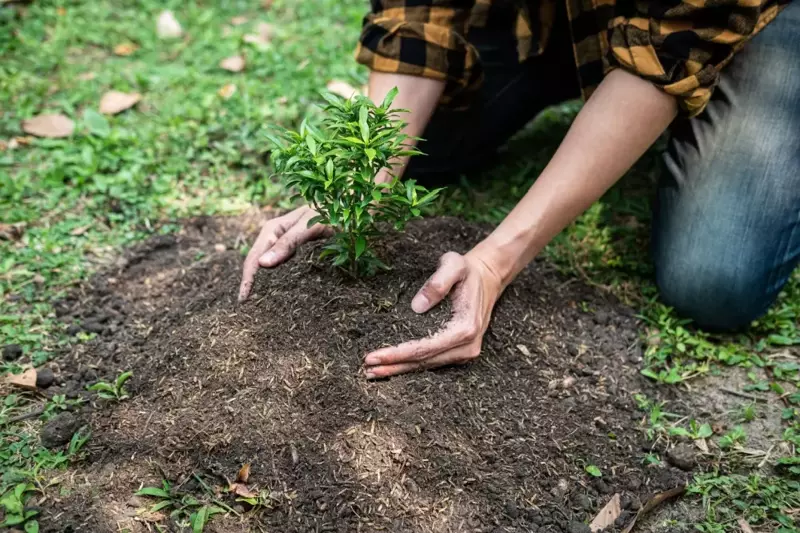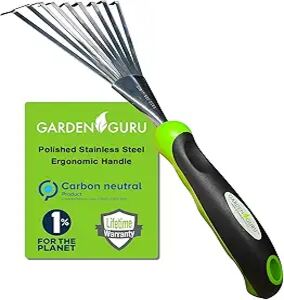Seasonal Gardening Tips: What to Plant and When for Finest Results
Seasonal Gardening Tips: What to Plant and When for Finest Results
Blog Article
Opening the Advantages of Gardening: An In-depth Consider the Different Types and Their Effect On Well-Being
Exploring the multifaceted benefits of horticulture discloses a range of techniques that substantially improve specific well-being. From vegetable and herb yards to container and elevated bed arrangements, each kind offers unique advantages that extend beyond plain farming. These activities not only foster physical health via energetic interaction however also contribute to psychological health by easing stress and anxiety and encouraging mindfulness. As we analyze these varied horticulture methods, it becomes noticeable that their effect can resonate on personal, social, and ecological levels, prompting a closer consider exactly how these connections form a natural story of alternative health.
Sorts Of Gardening

Blossom gardening, one more popular classification, stresses the aesthetic allure of cultivated blooms. This kind can improve landscapes and promote biodiversity by attracting helpful pollinators. Natural herb horticulture includes growing aromatic and cooking plants, contributing both to food preparation and all-natural remedies.
Container gardening deals flexibility, enabling people with limited room to participate in gardening by using pots and planters. This method is particularly popular in urban settings. Raised bed gardening, on the various other hand, involves creating elevated stories that improve dirt drainage and access, making it much easier for gardeners to manage their plants.
Lastly, neighborhood gardening promotes collaboration amongst individuals in shared spaces, promoting social interaction and cumulative obligation. Each kind of gardening serves unique functions and accommodates various preferences, making horticulture a flexible activity that can be customized to specific demands and atmospheres.
Mental Health Advantages
Taking part in different kinds of gardening not just yields substantial incentives such as fresh produce and attractive flowers however also provides considerable psychological wellness advantages. Research suggests that gardening can be an effective device for reducing anxiety, anxiousness, and depression. The act of often tending to plants and cultivating a yard promotes a sense of function and accomplishment, which can enhance overall emotional well-being.
In addition, gardening encourages mindfulness, as it requires individuals to concentrate on today moment, whether it be growing seeds or supporting development. This mindfulness method can bring about reduced rumination and boosted mood stability. The direct exposure to natural surroundings throughout gardening has actually likewise been linked to improved cognitive working and reduced feelings of exhaustion.
Social communication plays an essential duty in psychological health, and community gardening initiatives supply chances for individuals to get in touch with others, promoting a feeling of belonging. The shared experience of horticulture can grow friendships and assistance networks, additionally bolstering emotional strength.
Physical Wellness Perks
Many people might not understand that horticulture also gives considerable physical wellness advantages. Involving in gardening tasks requires a series of physical activities, consisting of flexing, training, digging, and planting, which collectively contribute to better strength, flexibility, and endurance. These actions can improve cardiovascular wellness by advertising an elevated heart price, thus decreasing the threat of heart problem.
Furthermore, horticulture can offer as a moderate-intensity workout, assisting individuals attain recommended physical task levels. Researches suggest that routine involvement in horticulture can burn significant calories-- approximately 200-400 calories per hour, depending on the strength of the tasks carried out. Such calorie expense is helpful for weight monitoring and general metabolic wellness.
Furthermore, exposure to sunlight during horticulture can promote the synthesis of vitamin D, which plays a vital function in preserving bone health check here and wellness and sustaining immune function. Moreover, the act of horticulture commonly includes working with soil, which has been connected to possible psychological and physical wellness advantages because of the existence of helpful microbes. Gardening.
Social Connections With Horticulture
The common elements of gardening foster significant social connections amongst people. Neighborhood gardens, particularly, work as vibrant hubs where people from diverse backgrounds integrated, cultivating not only plants yet additionally partnerships. These shared areas encourage collaboration, enabling people to trade expertise, abilities, and sources, therefore enhancing their gardening experience and promoting a feeling of belonging.
Involvement in horticulture tasks frequently leads to the development of friendships and assistance networks. Individuals often unite for typical objectives, such as planting periods, harvest events, or instructional workshops, which enhance social ties and develop a sense of area. Such interactions can relieve feelings of seclusion and improve psychological well-being, as people find friendship and friendship in shared endeavors.

Ecological Impact of Gardening
Gardening dramatically contributes to ecological sustainability in several means. Home gardens provide important environments for different species, consisting of pollinators such as bees and butterflies, which are essential for ecosystem wellness.

Furthermore, gardens play a vital function in water preservation. Well-planned landscapes, consisting of native plants and xeriscaping, decrease water usage and avoid overflow, consequently shielding neighborhood rivers from air pollution.
Conclusion

The varied types of gardening-- including vegetable, blossom, herb, container, and raised bed-- contribute to mental and physical wellness, foster social links, and promote ecological sustainability. By engaging in horticulture practices, people can experience enhanced top quality of life you could check here while additionally supporting community bonds and eco-friendly health and wellness.
Report this page